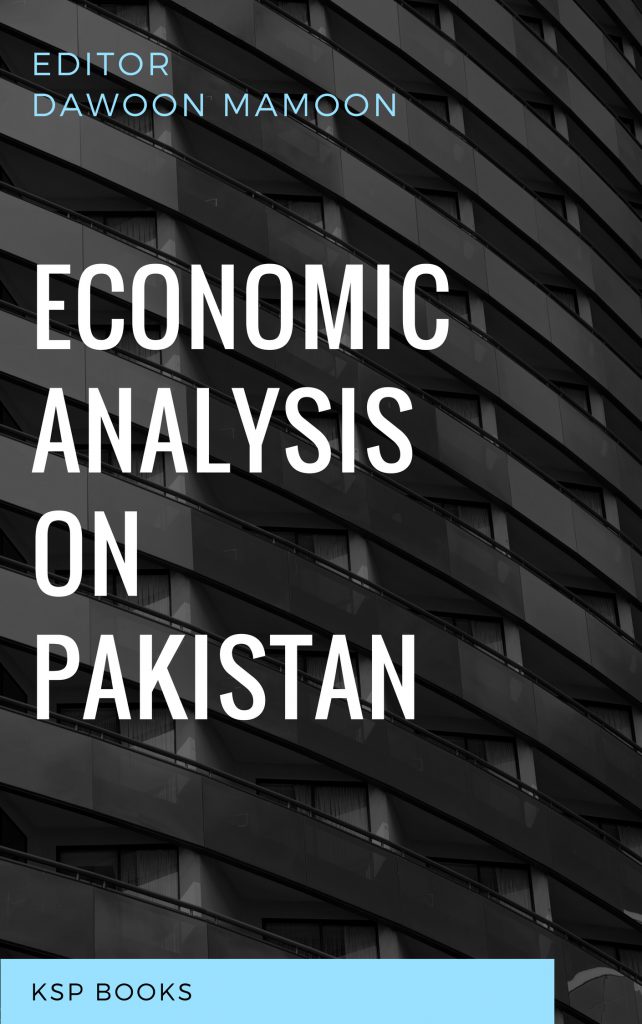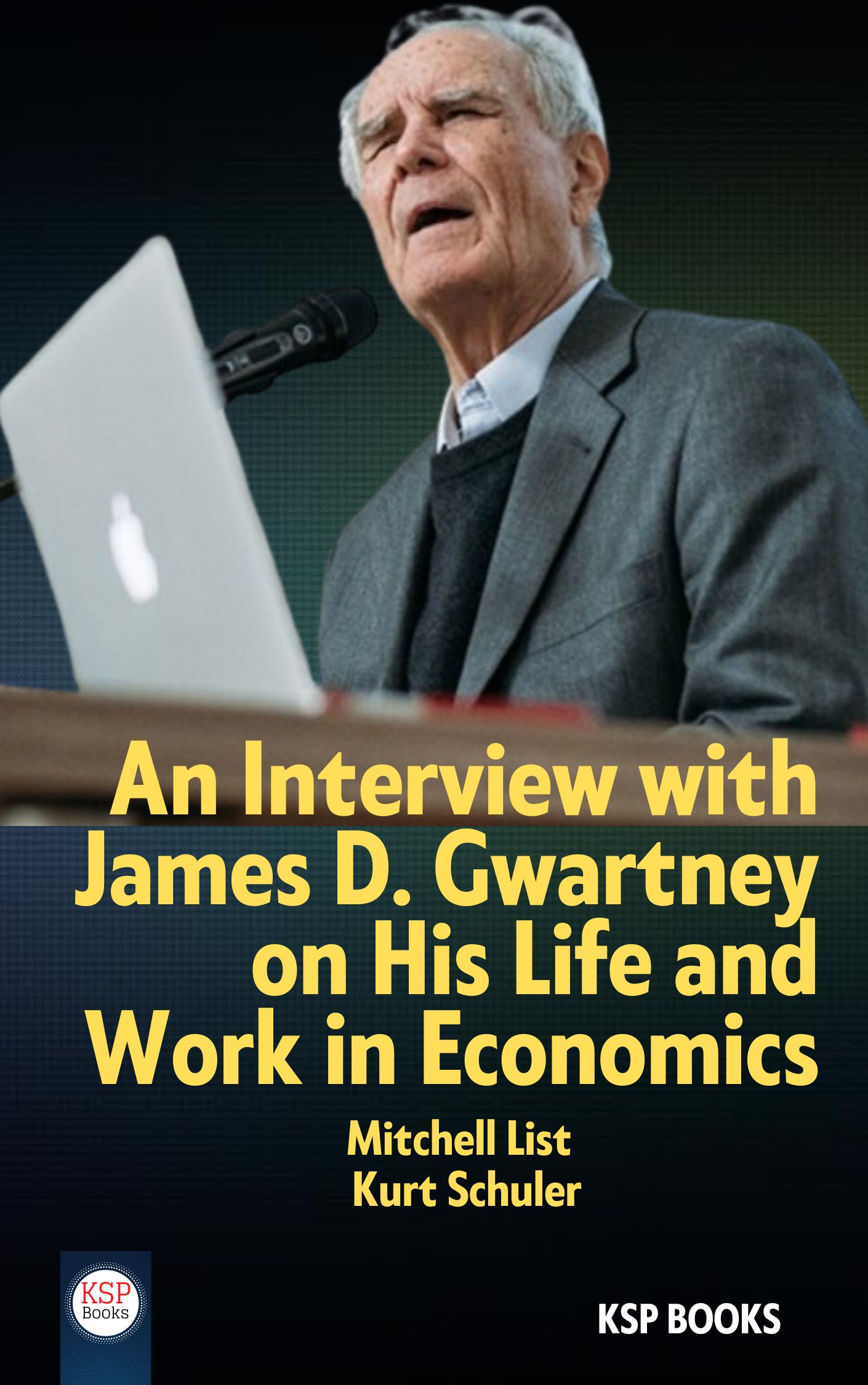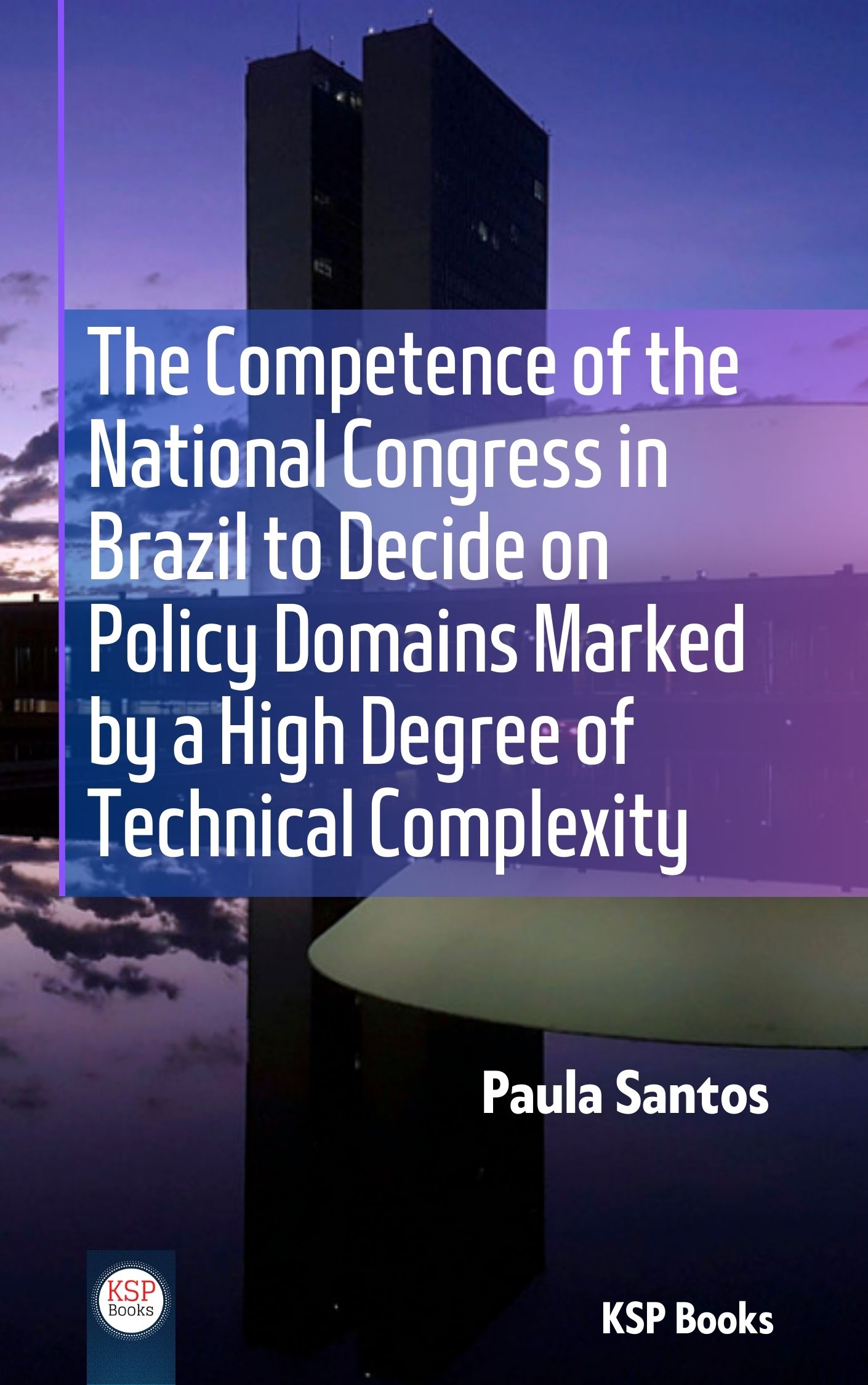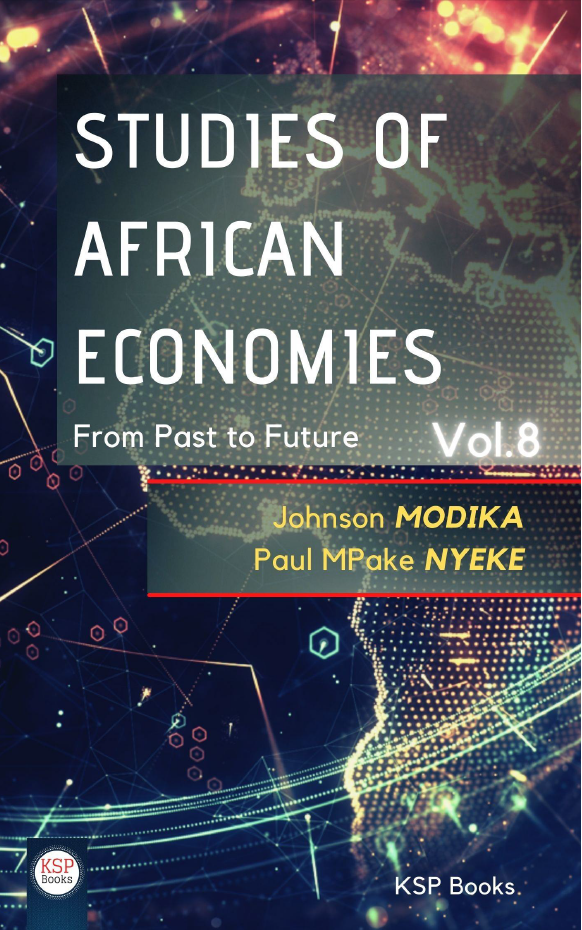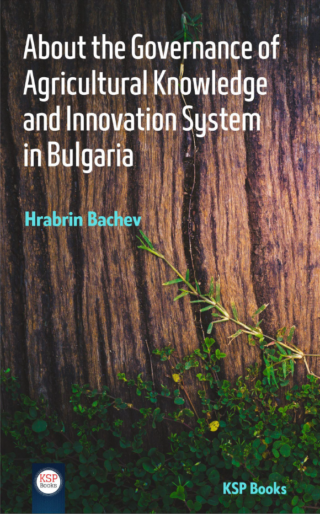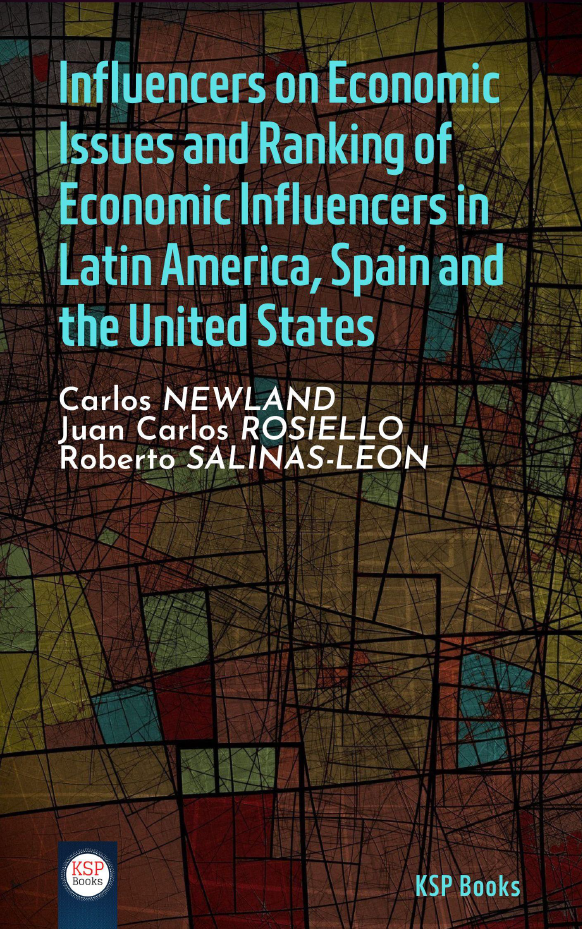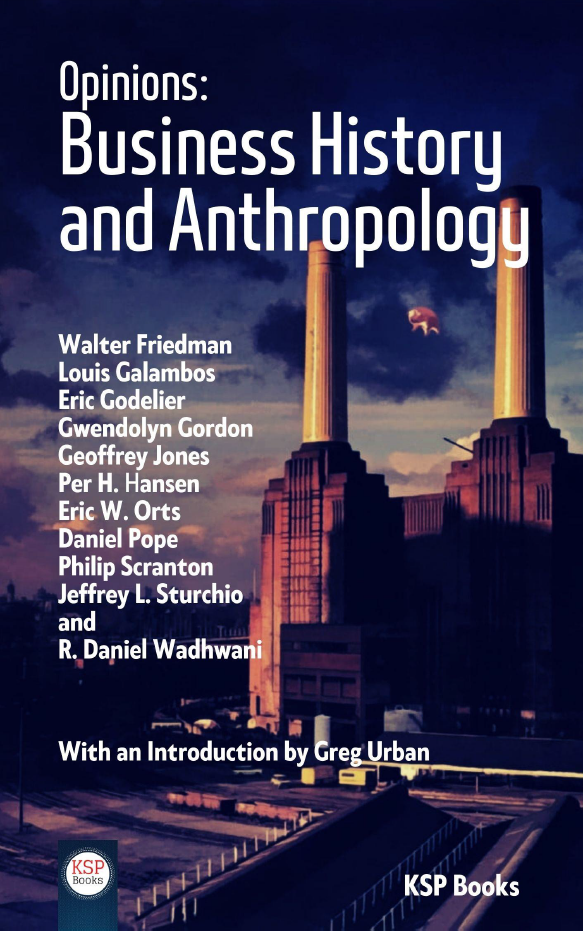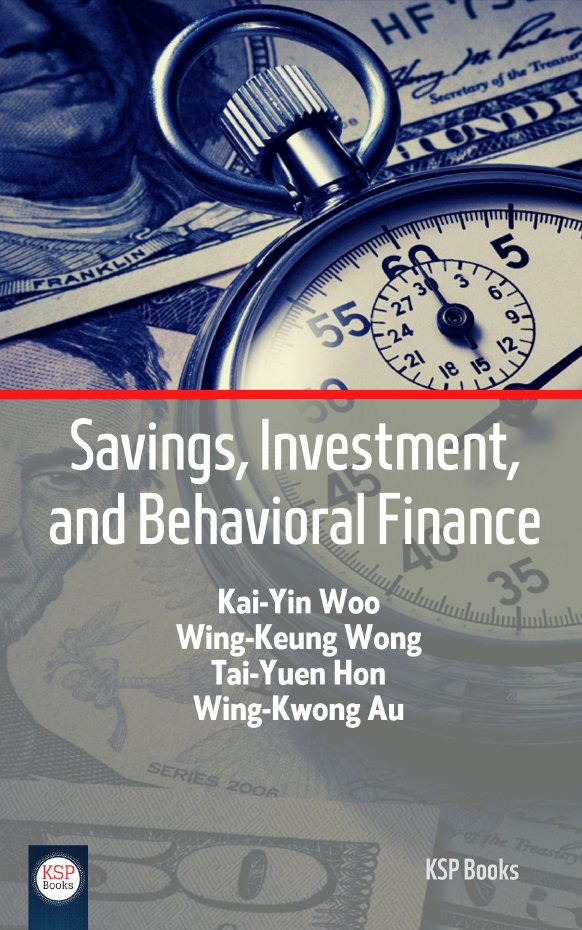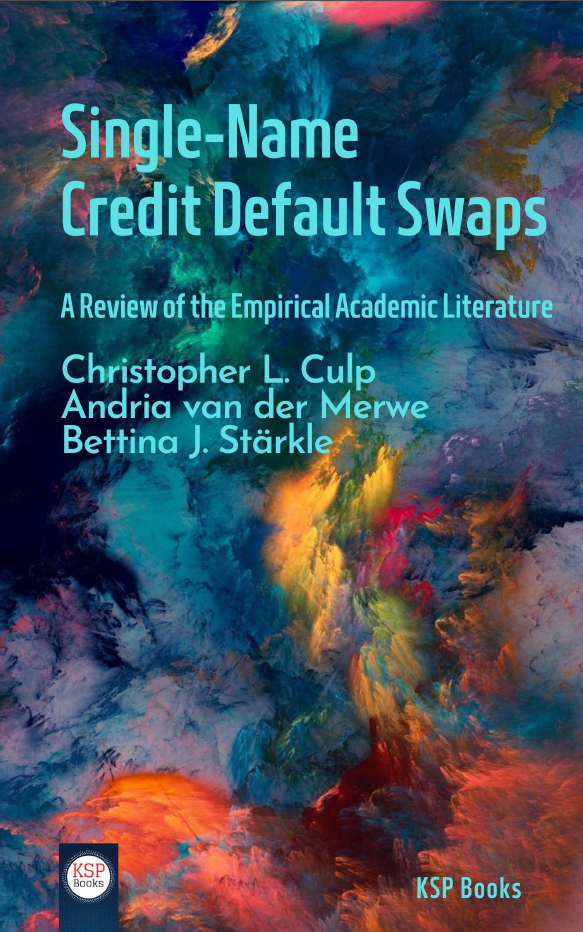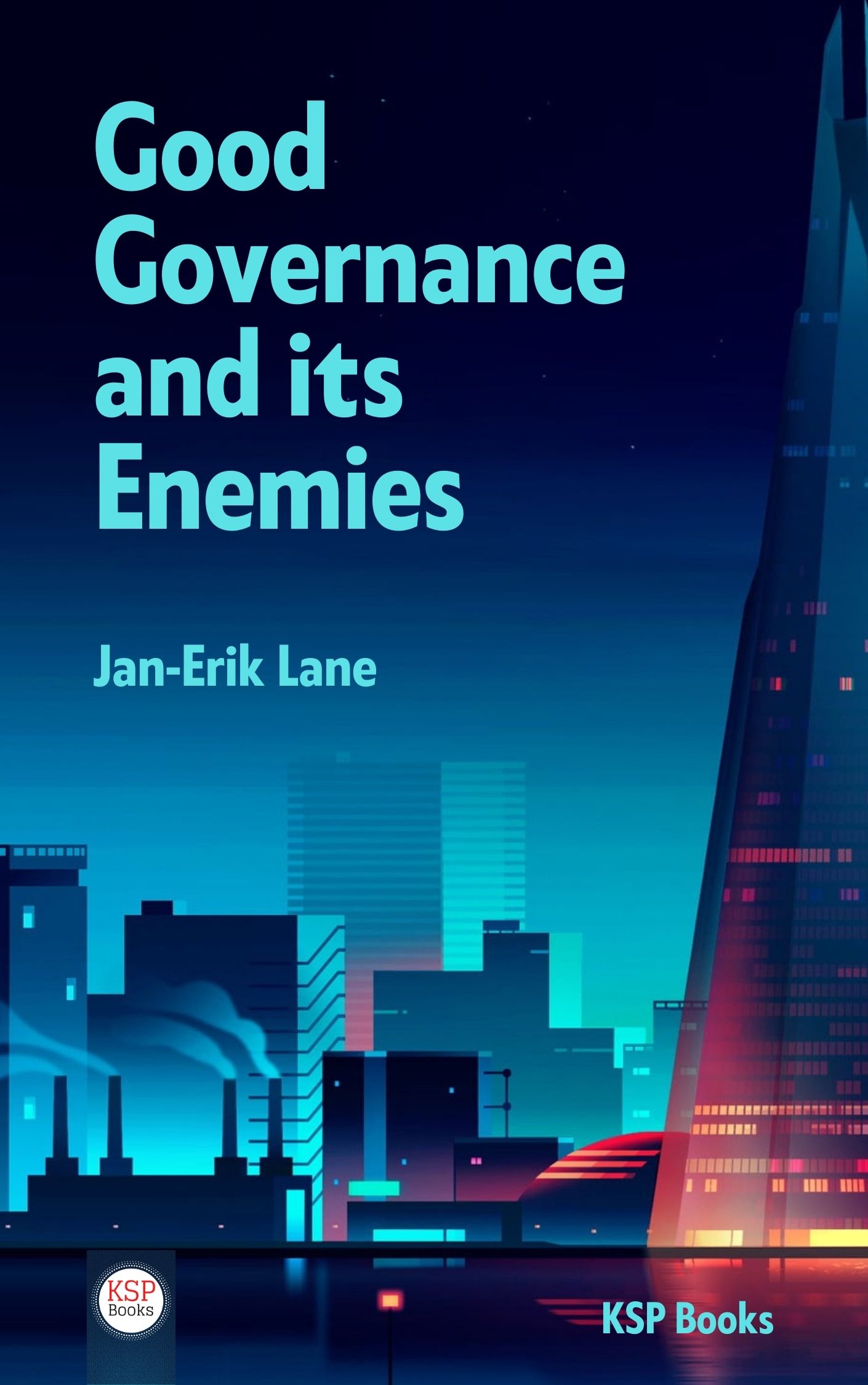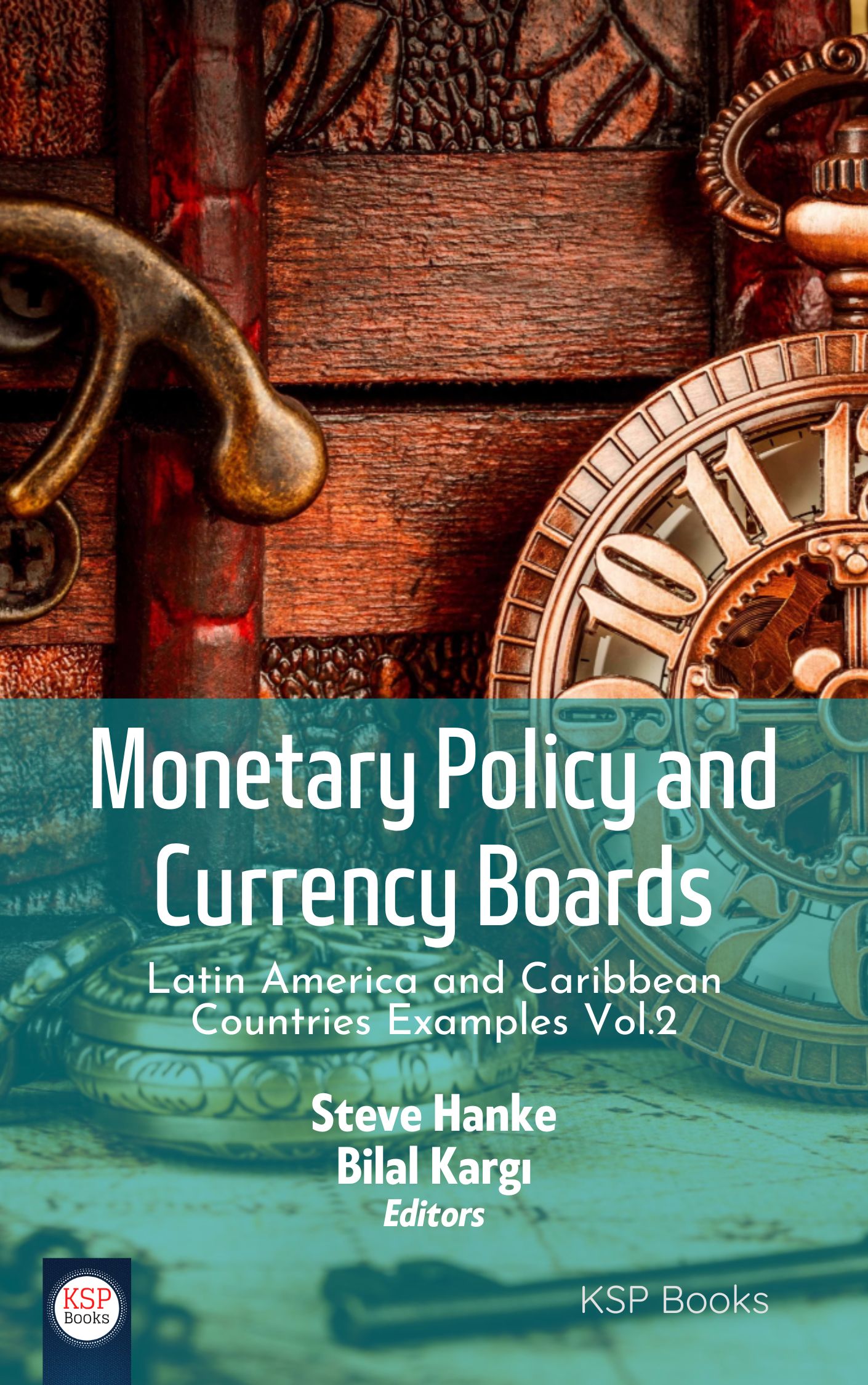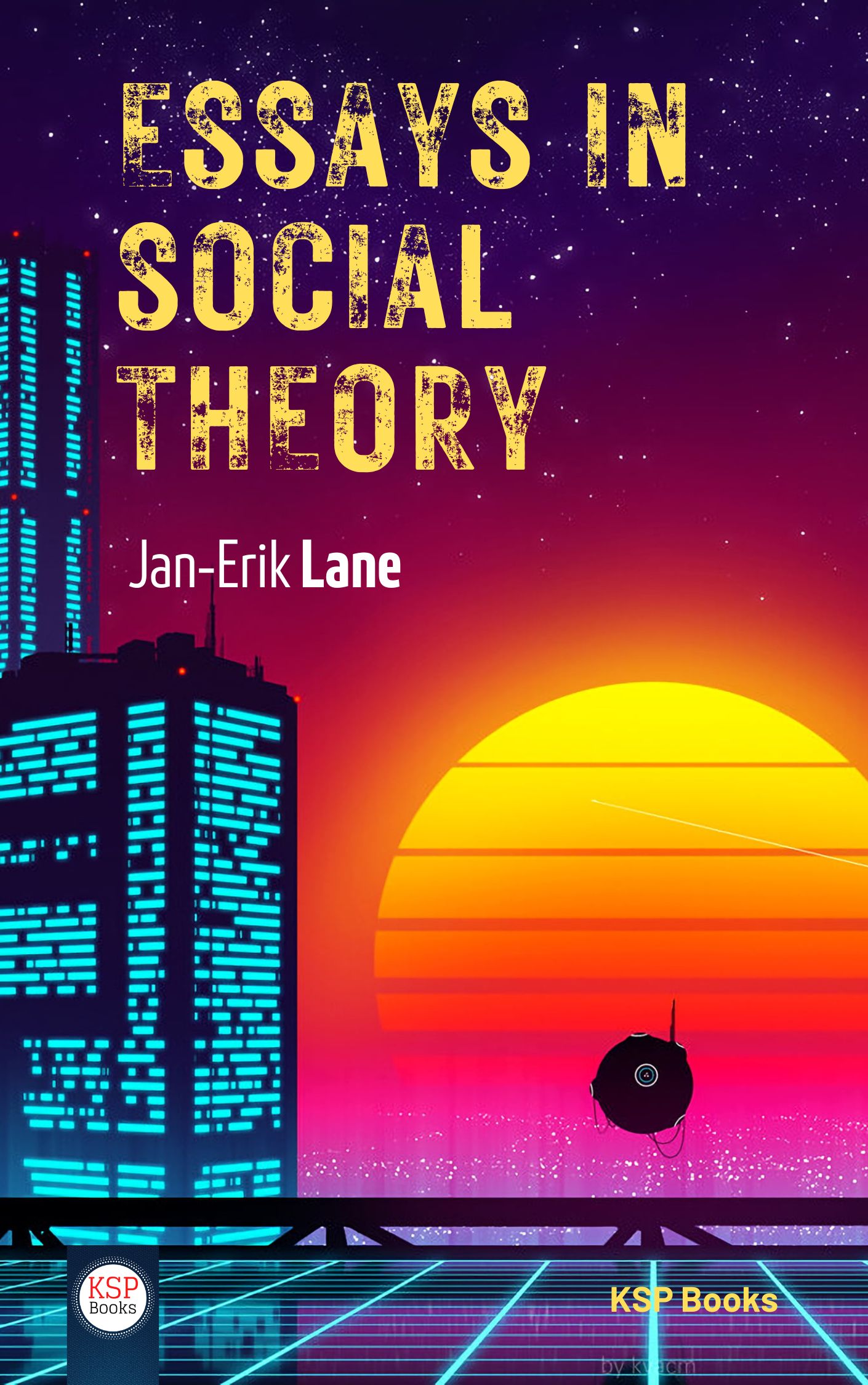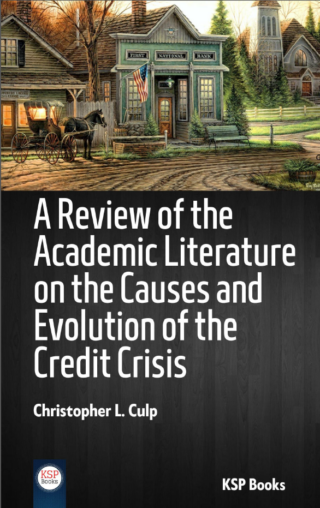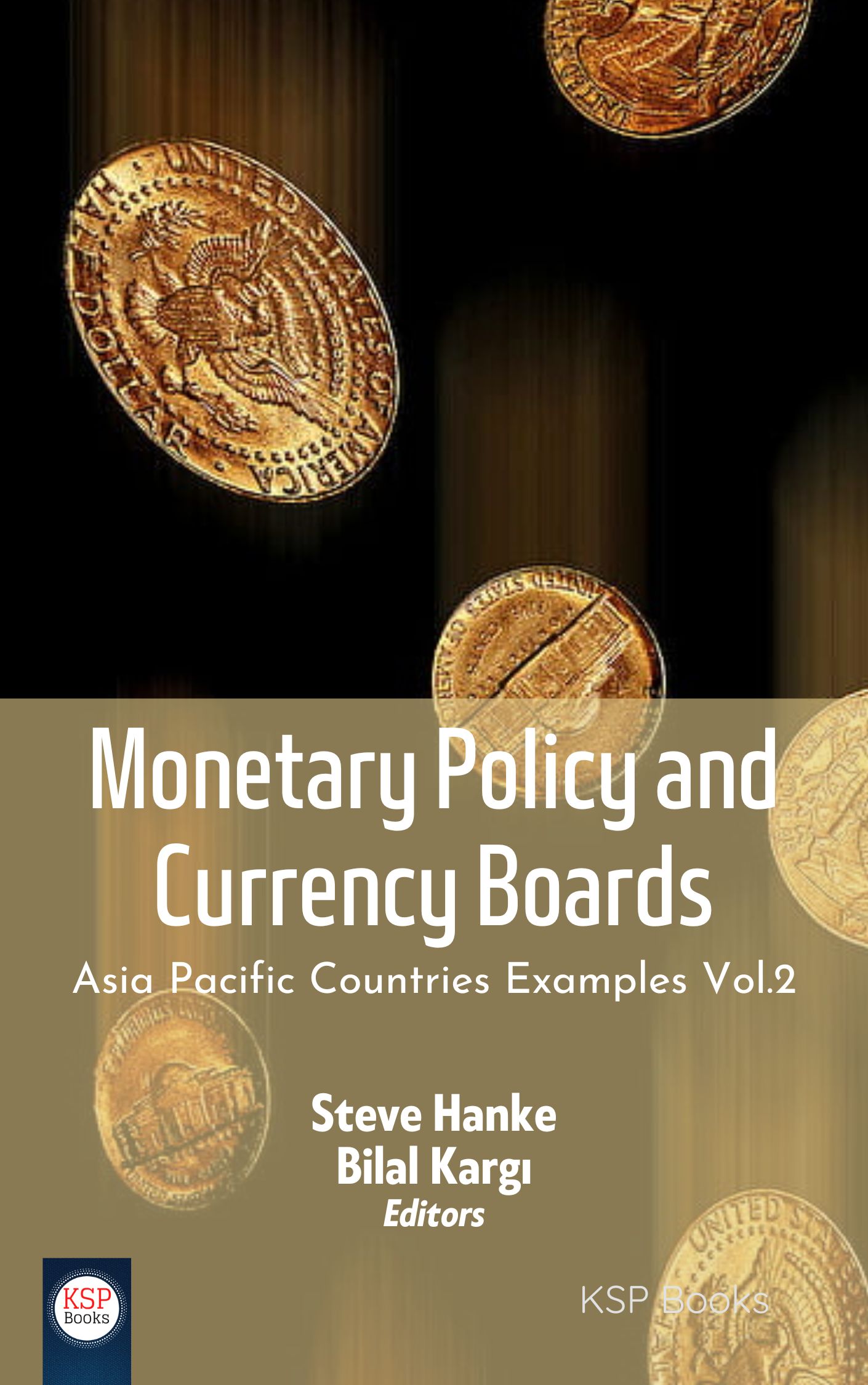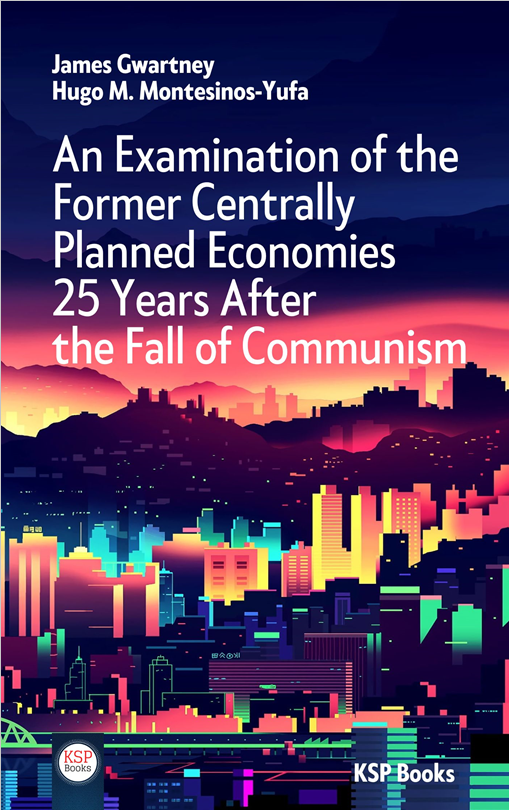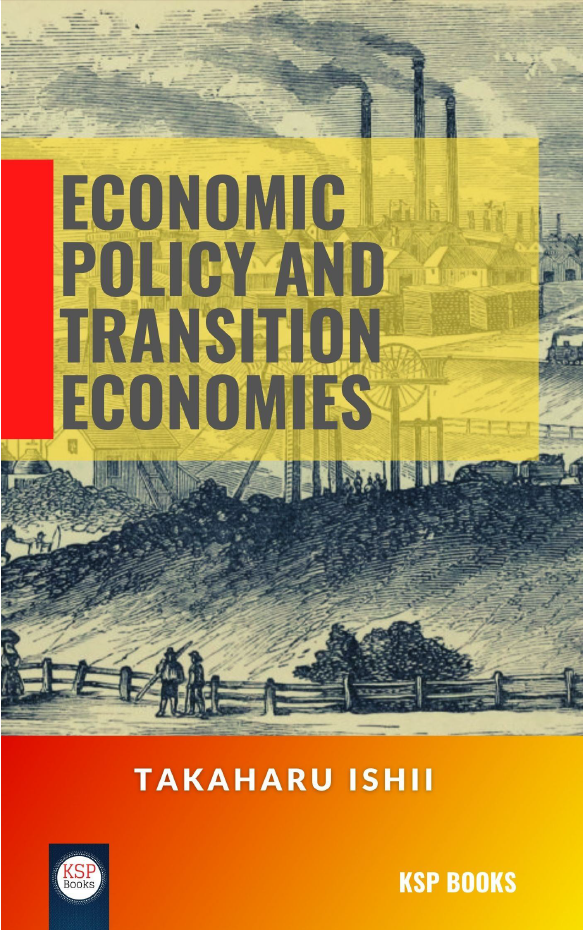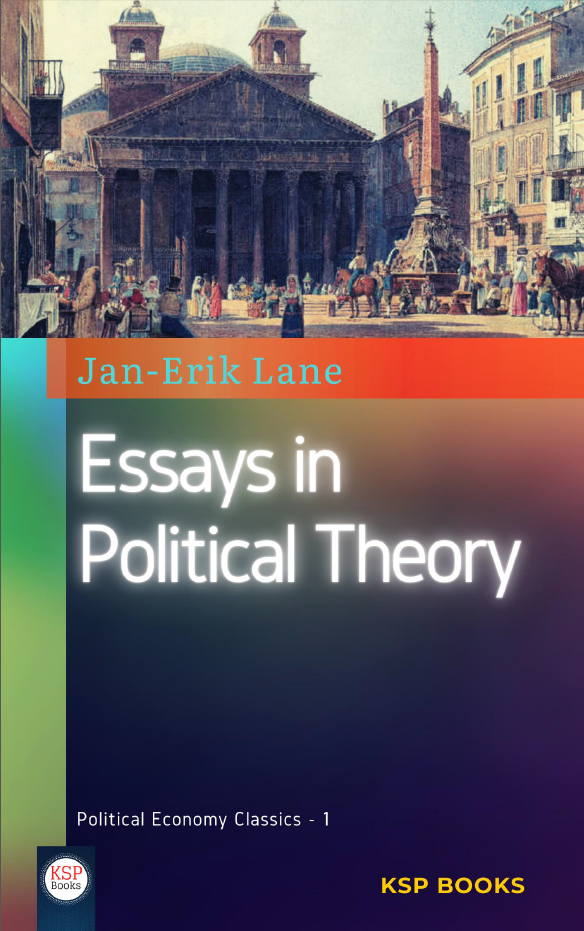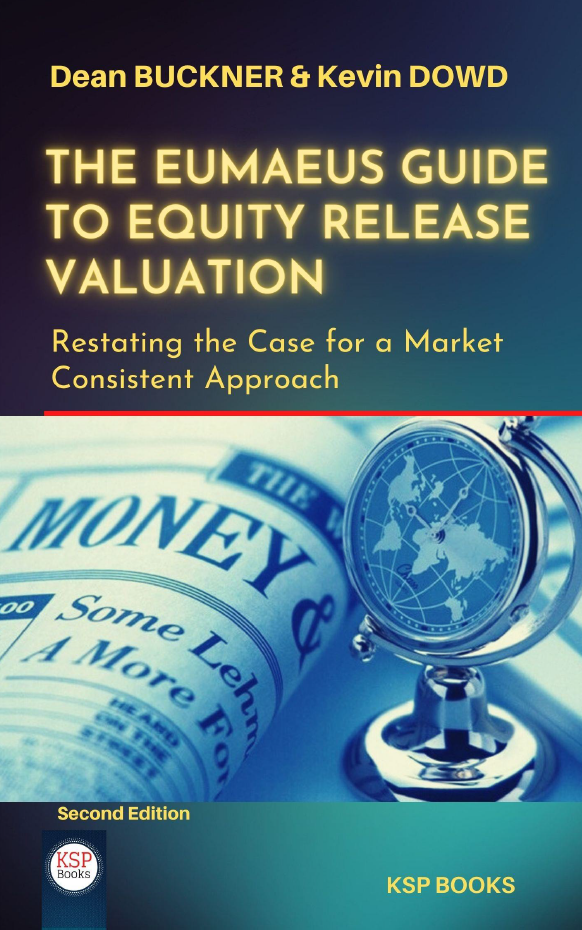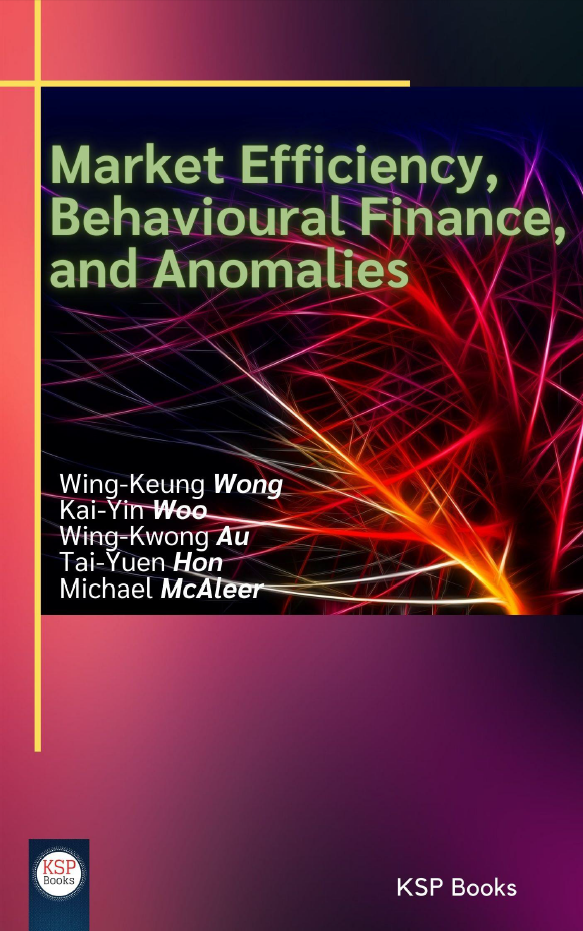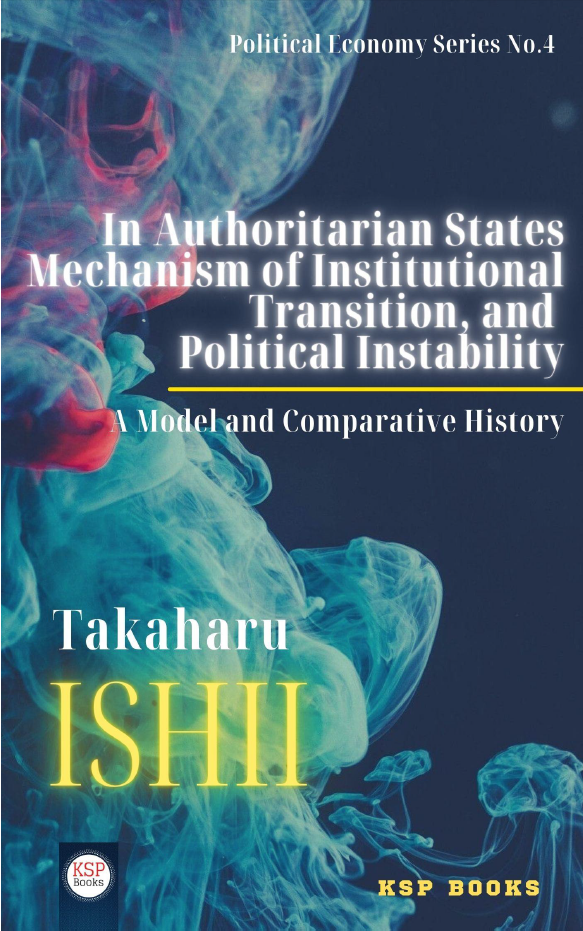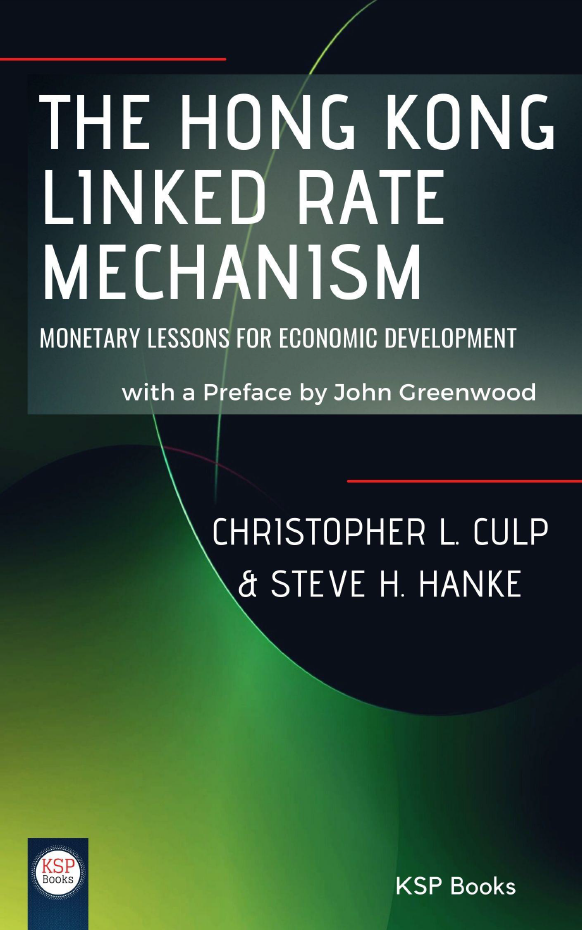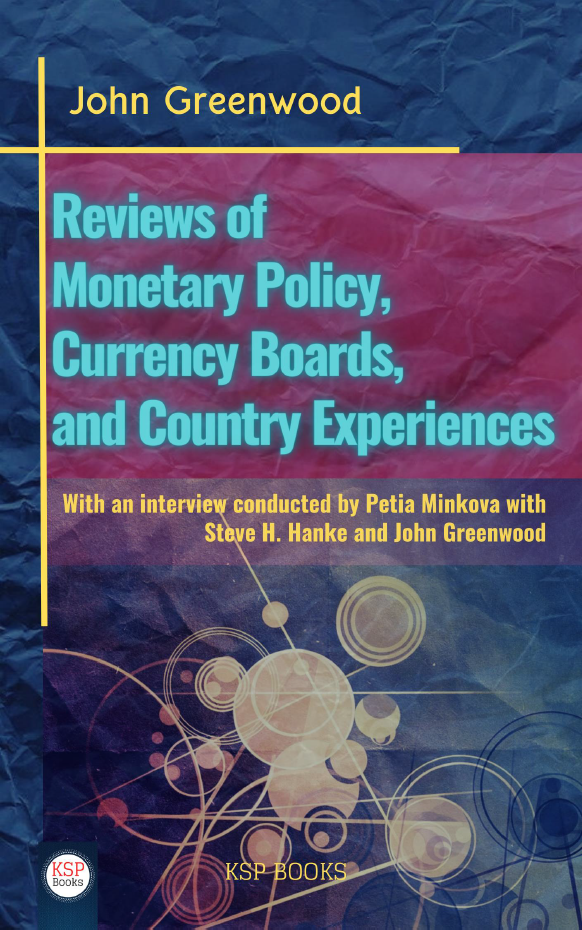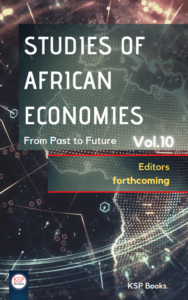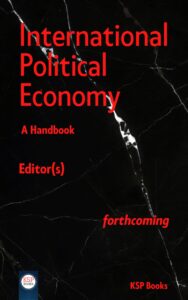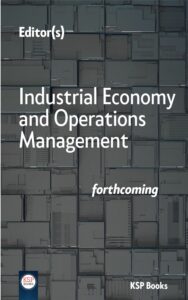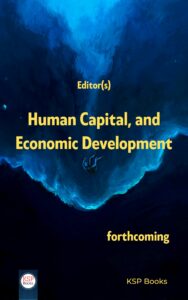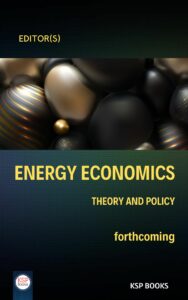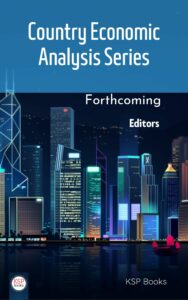Editor
Dawoon Mamoon
World Economic Survey Expert Group, Pakistan
e-ISBN: 978-605-2132-42-5
Publishing Date: July 15, 2018
File Size: 3,310 MB
Length: ix + 213 pages (PDF)
Language: English
Dimensions: 13,5 x 21,5 cm
 This Book is completely open access. You can freely read, download and share with everyone.
This Book is completely open access. You can freely read, download and share with everyone. 
In this book we analyze the institutional arrangement between various actors to understand how ICT project objectives flow among actors in a standard LINCOS project and how they would affect the sustainability and effectiveness of LINCOS in particular and an ICT project in general. Since there are many actors involved in different stages and processes of a single LINCOS project, the paper analyses the bilateral and multilateral relationships among these actors to understand the factors that might affect the efficiency of the ICT project. In other words the paper looks at the actors involved in a LINCOS project in an effort to capture those circumstances under which a LINCOS project is exposed to principal- agent problems.
| 1. Revisiting determinants of money demand function in Pakistan Umbreen IFTEKHAR, Dawood MAMOON & Muhammad S. HASSAN |
| 2. How climate and agriculture fares with food security in Pakistan? Dawood MAMOON & Kinza IJAZ |
| 3. Understanding ‘shared valued’ and social capital link to pave the path of next generation of innovation Mubashar Majeed QADRI & Dawood MAMOON |
| 4. Short term versus long term economic planning in Pakistan: The Dilemma Dawood MAMOON & Muhammad Rabbi AHSAN |
| 5. Effect of welfare and economic performance on good governance outcomes in Pakistan Dawood MAMOON & Huma RABBANI |
| 6. Destination EU and USA: Improving export potential of Pakistan by trading with India Zakee SAADAT & Dawood MAMOON |
| 7.Career strategies of employees of MNC in the globalization reign Ali ASGHAR, Shahzad ALI & Dawood MAMOON |
| 8. Political instability and lessons for Pakistan: Case study of 2014 PTI sit in/protests Dawood MAMOON, Rabbia JAVED & Rana Zamin ABBAS |
| 9. Appropriate exchange rate regime for economic structure of Pakistan Muhammad Naveed TAHIR, Faran ALI & Dawood MAMOON |
| 10. How government policy and demographics affect money demand function in Bangladesh Umbreen IFTEKHAR, Dawood MAMOON & Muhammad S. HASSAN |
| 11. Does new public management practices lead to effective public welfare responses in Pakistan Rehman ASIF & Dawood MAMOON |
| 12. Relationship of fiscal discipline and household income on money demand function in Sri Lanka Dawood MAMOON, Umbreen IFTIKHAR & Muhammad S. HASSAN |
Dawoon Mamoon
World Economic Survey Expert Group, Pakistan
Dr. Dawood’s research interests center on issues of national competitiveness. His research, published in the Journal of Peace Research and Economics of Governance, finds that bilateral and multilateral trade mitigates conflict between India and Pakistan, and would like to extend his analysis to look at how spending on education or levels of education behave with respect to conflict. He believes that one reason poverty has not been significantly reduced in some developing countries is due to prevalent conflict. He also is director of the Center for Graduate Research. Among the courses he teaches is Harvard Business School’s microeconomics of competitiveness. He also supervises Ph.D and MS research and manages MS programs in the School of Business and Economics. Dawood holds a Ph.D in Economics of Sustainable Development and an MA in Development Economics, both from Erasmus University, the Netherlands. He also holds an MPhil and an MS in Economics, both from Quaid-e-Azam University in Pakistan.
Related EconPedia Items


